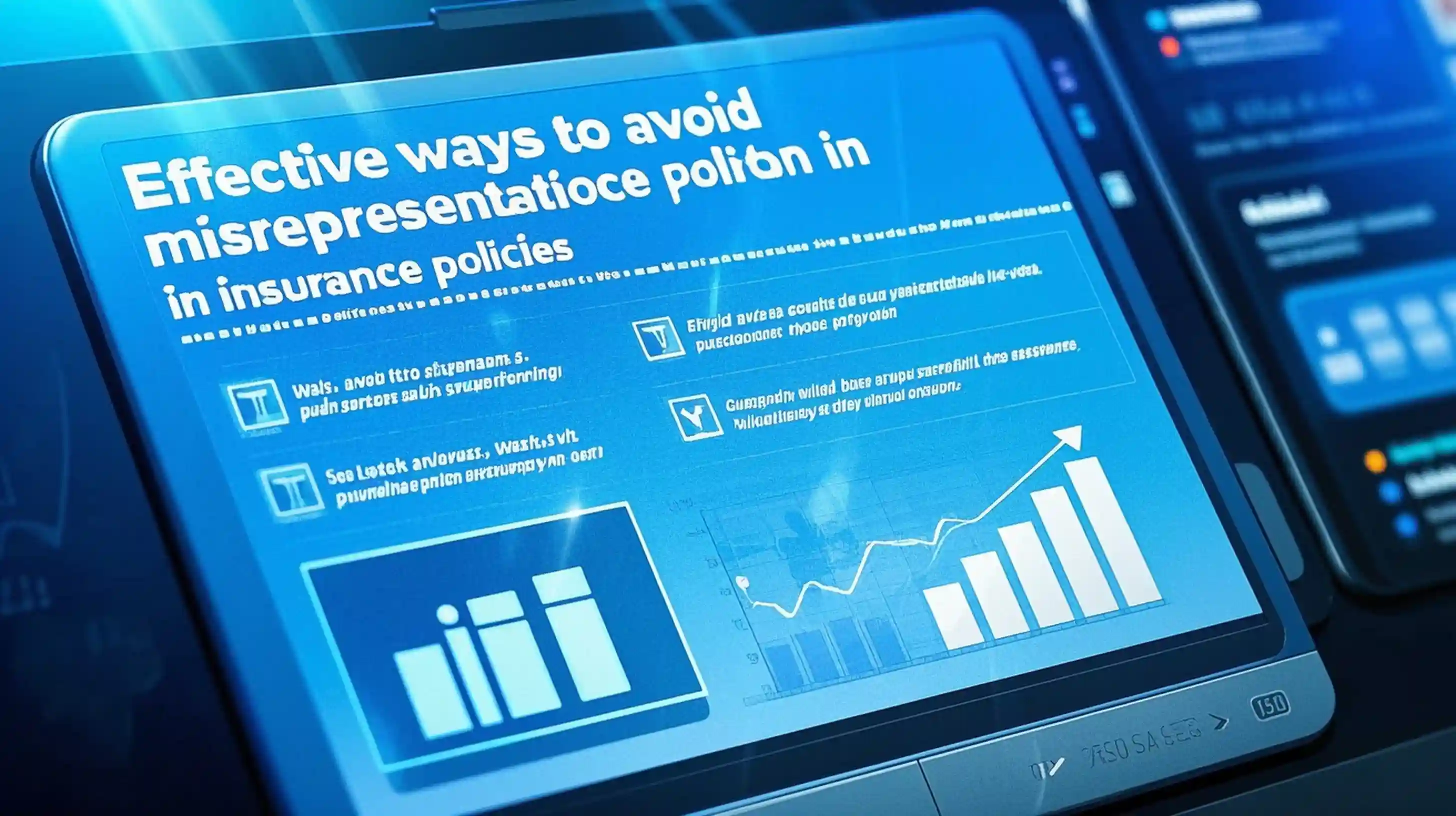
Insurance misrepresentation is a serious issue that can have far - reaching consequences for both policyholders and insurance companies. Misrepresentation occurs when an individual provides false or misleading information during the insurance application process. This can range from inaccurately stating personal details to concealing important medical history or past claims. To avoid insurance misrepresentation, it is essential to understand the root causes and adopt a proactive approach.
First and foremost, education is key. Policyholders should take the time to thoroughly understand the insurance application process. This includes reading the application form carefully and asking questions if anything is unclear. Insurance policies are complex legal documents, and the application is the foundation upon which the policy is built. By familiarizing themselves with the terms and requirements, applicants can ensure they are providing accurate information.
When filling out an insurance application, honesty is the best policy. Even seemingly minor details can be significant. For example, in a health insurance application, failing to disclose a pre - existing medical condition may seem like a small oversight, but it can lead to the denial of a claim in the future. Insurance companies base their risk assessment on the information provided. If they discover misrepresentation, they may void the policy, leaving the policyholder without coverage when they need it most.
It is also important to gather all relevant information before starting the application. This may involve collecting medical records, financial statements, or details about property to be insured. Having all the necessary documents at hand helps to ensure that the information provided is accurate and complete. For instance, when applying for property insurance, providing an accurate valuation of the property is crucial. An over - or under - valuation can lead to misrepresentation and potential problems down the line.
Another aspect to consider is the role of insurance agents. A reputable insurance agent can be a valuable resource in avoiding misrepresentation. Agents are trained to guide applicants through the process and can help clarify any confusing points. However, it is still the responsibility of the applicant to double - check the information. Some agents may be more focused on making a sale and might not emphasize the importance of accurate information. Policyholders should not rely solely on the agent but should independently verify all details.
In addition, keeping records is an effective way to avoid misrepresentation. After submitting an insurance application, it is advisable to keep a copy of the application form and any supporting documents. This provides a reference in case there are any disputes later. If an insurance company claims that there was misrepresentation, the policyholder can refer to their records to prove the accuracy of the information provided.
Technology can also play a role in preventing misrepresentation. Many insurance companies now use advanced data analytics and verification tools. These tools can cross - check the information provided by the applicant with other sources, such as public records or credit bureaus. While this helps insurance companies detect misrepresentation, it also encourages applicants to be more accurate. Policyholders should be aware that their information is likely to be verified and should therefore provide only truthful details.
Furthermore, understanding the consequences of misrepresentation is essential. In addition to having the policy voided, policyholders may face legal consequences. Insurance fraud, which often involves misrepresentation, is a criminal offense in many jurisdictions. The financial and legal implications can be severe, including fines and even imprisonment. By being aware of these risks, applicants are more likely to take the necessary steps to avoid misrepresentation.
Finally, regular communication with the insurance company is important. If there are any changes in the circumstances that were initially disclosed in the application, such as a change in health status or a new addition to a property, the policyholder should inform the insurance company promptly. This ensures that the policy remains up - to - date and that there is no misrepresentation due to outdated information.
In conclusion, avoiding insurance misrepresentation requires a combination of education, honesty, organization, and communication. Policyholders need to take an active role in the insurance application process, understand the importance of accurate information, and be aware of the potential consequences of misrepresentation. By following these steps, they can protect themselves and ensure that their insurance coverage remains valid and reliable.